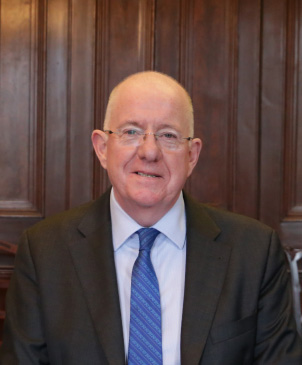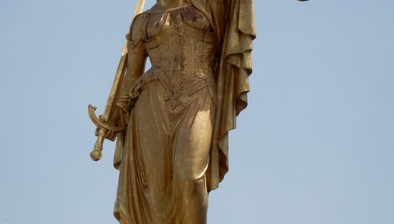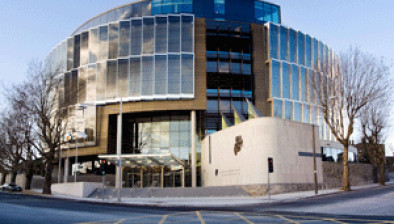Flanagan defends non-jury Special Criminal Court as provisions renewed

Justice Minister
Charlie Flanagan
Justice Minister Charlie Flanagan insisted that the Special Criminal Court is compatible with fundamental human rights as he secured Oireachtas approval for its continued operation.
The Offences Against the State (Amendment) Act 1998, which underpins the operation of the non-jury court, must be renewed on an annual basis.
Mr Flanagan told the Dáil he appreciated that “some members of the House are concerned about the role of the Special Criminal Court in the criminal justice system”.
However, he said: “One of the most important traits of a democratic society is a justice system that operates free from interference by anyone seeking to wrongfully influence outcomes. Our criminal justice system is made up not only of judges and lawyers but also by the participation of citizens, whether as witnesses or jurors. This latter role is central to our idea of a trial by a jury of one’s peers.
“We all agree that trial by jury must be preserved to the greatest extent possible. However, none of us can be blind to the threat posed to the criminal justice process by individuals, terrorist groups and organised criminal groups who seek to subvert the system through the intimidation of citizens. We cannot allow that to happen. We are obliged to make the hard decision that sometimes, in certain limited circumstances, a trial by jury is simply not possible.
“To those that assert that the Special Criminal Court is contrary to fundamental rights I respectfully disagree. The Court operates without a jury for sound reason, but trials there involve three judges.
“Anyone tried in that court has the full range of procedural protections available to them, including the Court of Appeal and the Supreme Court. We all look forward to the day when the Special Criminal Court is no longer needed, regrettably we are not there yet.”
The minister said that he rejected “any accusations that the Court has operated with bias”.
He added: “Let me say for the record that its judges have performed courageous public service in presiding without fear or favour over the prosecution of some of the most dangerous terrorists and ruthless criminals in the State.”










